Graham Reid | | 3 min read
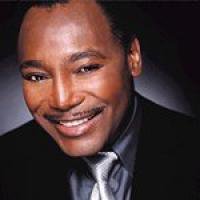
Just the thought of it amuses George
Benson and he lets go a low chuckle: he'd recently found a tape of
himself at age seven playing ukulele.
“This was before I started playing
guitar, and I was singing Mona Lisa. You know, I think you'll
hear that because we'll play a bit of that before our concert. It'll
knock your socks off.
“You think, 'That cannot be George
Benson'. But it is.”
More interesting than the sound of
guitar master Benson on ukulele is the choice of song, one of the
great hits by Nat “King” Cole whose smooth sound stopped hearts
and conversations from the 40s to the early 60s. And in the first
half of his forthcoming concerts Benson – with a full orchestra and
back-up vocalist, as well as his own band – pays tribute to Cole,
who died in 65 just as a new kind of pop from Britain was sweeping
away all that went before.
Almost overnight Cole – who had been
so successful an artist for Capitol Records that its distinctive
round building in Los Angeles, designed like a stack of records, was
known as “the house that Nat built” – became the voice of an
earlier era.
“Yes, radio was changing,” say
Benson, “and when a person dies a lot dies with them. But Nat Cole
was an incredible gentleman who brought romanticism, perfection and
some jazz elements, just a twinge, which went along very well with
his pop performance.
“When a person dies and radio
switches to something new it cancels out the old to a certain degree.
So we're trying to reintroduce people to one of the greatest voices
of our time.”
Cole was certainly that: in the Forties he
was predominantly a jazz pianist helming his own small groups, by 50s
– when he refused to play to segregated audiences – he was pop
star whose songs like Mona Lisa, Too Young, Unforgettable (a
hit again in 92 when his daughter Natalie added her vocals to his
version) and Stardust were massive sellers.
Cole's dark and dusty vocals – which
he attributed to heavy smoking – were quite singular, and took him
to mainstream America. He even had a short-lived television variety
show in 56, the first fronted by a black American, which had guests
such as Mel Torme and Ella Fitzgerald.
“But he couldn't get sponsors in the
South,” says Benson. “But cream rises to the top and Nat Cole
rose to the very top and will filter down to all our young people:
white, black, brown, green . . . it doesn't make any difference.
“He was one of the most incredible
vocalists of his time and he brought something that was not so common
in those days, romanticism. In the ghetto where we were loaded down
with the blues and songs about how bad you can do, here were great
melodies and good lyrics – and he was relating to the whole world.
People who didn't have the problems, he could relate to them in a way
they could understand.
“When he came on the radio he was so
different to everything else you had to pay attention attention, he
was a cut above.”
Benson says despite radio changing in
the 60s to embrace the new styles of pop then rock, soul and funk,
Cole had achieved such crossover success “he still maintained his
radio play in the ghetto neighborhoods and r'n'b stations. They
didn't put him away.
“Nat Cole also had many of the
greatest arrangers of the time, one being Nelson Riddle who wrote for
Frank Sinatra's best known songs. Sinatra realised Nat Cole had one
of the best so he wooed [Riddle] away.”
Benson is pleased to say they are
bringing Riddle's original arrangements for Cole with them on the
tour. And that he gets the chance again – in the second part of the
show – to play some of his many hits such as This Masquerade, On
Broadway, Breezin', Give Me the Night . . .
But the tribute to Cole gives him
special pleasure and he remembers clearly seeing the film China
Gate in the late Fifties – in which Cole had a significant part –
and hearing Cole's music through the cinema speakers.
“They could carry the full range of
the recording and as a young man I heard him like I never had before
– and it just increased my desire to be like him, and to hear more
of his music.”

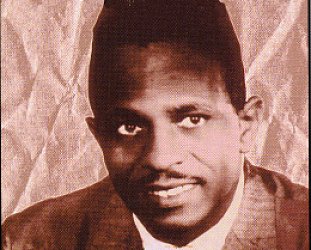
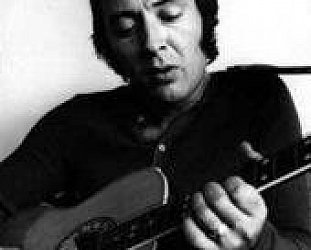
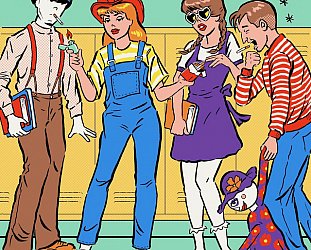
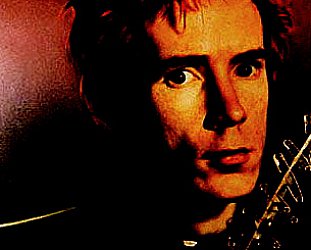
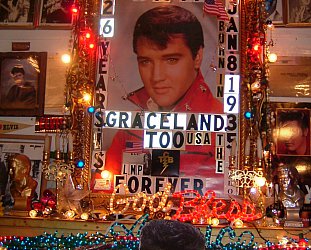
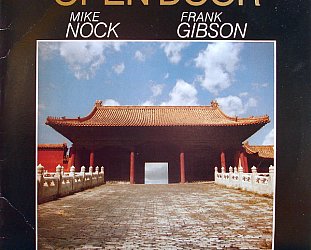
post a comment